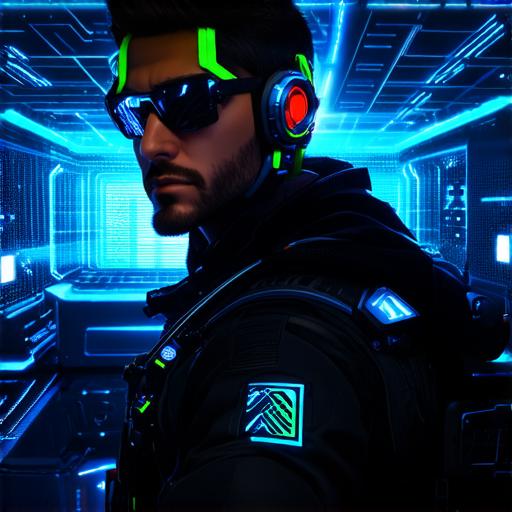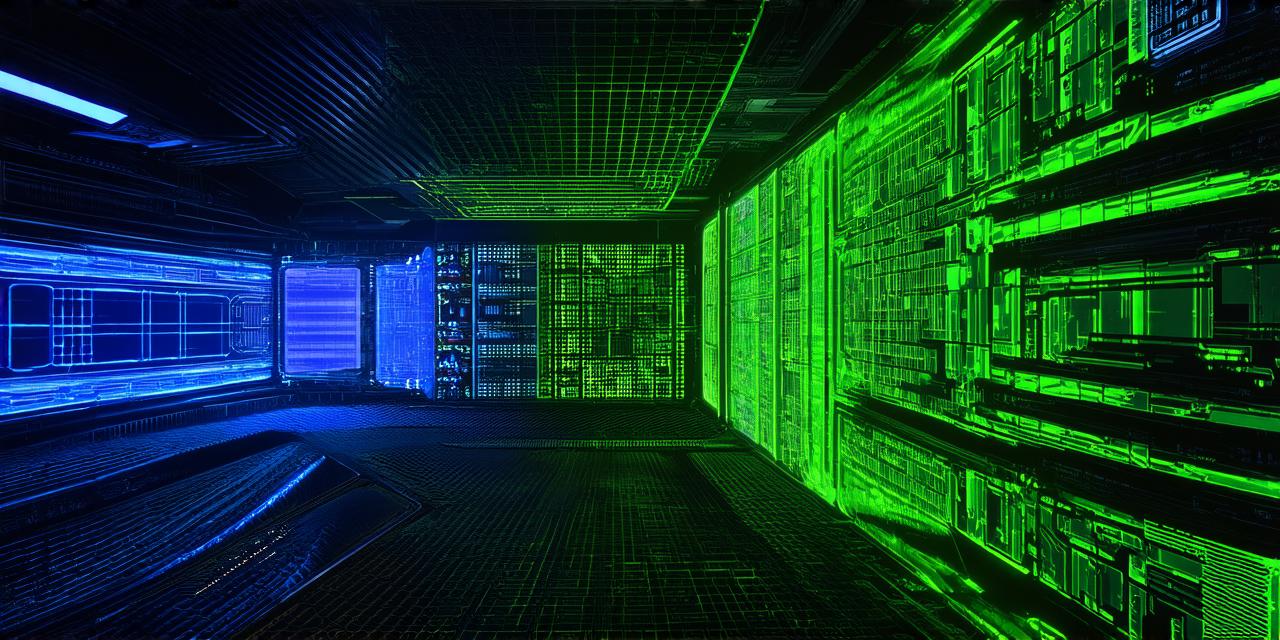The Metaverse is an emerging digital world where users can interact with each other and virtual objects in a shared space. With its vast potential for innovation, it’s no wonder that developers are flocking to create games within this immersive environment. In this article, we will explore the process of developing a game for the Metaverse, from brainstorming ideas to launching your creation. We will also discuss the tools and technologies you need to know about, as well as the potential challenges you may face along the way.
Before diving into the details of game development, it’s important to understand what makes a Metaverse game unique. Unlike traditional games, which are often single-player or multiplayer experiences played on a specific platform, Metaverse games are built within a shared virtual world. This means that players can interact with each other and the game environment in real-time, creating a more immersive and engaging experience.
To get started with developing a game for the Metaverse, you’ll need to brainstorm ideas. Consider what type of game you want to create, whether it’s an adventure, puzzle, or simulation. Think about the themes and elements that will make your game stand out in the crowded Metaverse landscape. Once you have a clear idea of what you want to create, it’s time to start planning.
The next step is to choose a development platform. There are several options available, including Unity, Unreal Engine, and WebAssembly. Each platform has its own strengths and weaknesses, so it’s important to research and choose the one that best suits your needs. For example, Unity is a popular choice for Metaverse game development due to its ease of use and wide range of tools and assets.
Once you’ve chosen your development platform, it’s time to start building your game. This will involve creating assets such as characters, environments, and objects, as well as writing code to control player interactions and game logic. Depending on the complexity of your game, this process could take anywhere from a few months to several years.
One of the key challenges of Metaverse game development is ensuring that your game is optimized for performance. With so many players interacting with each other and the game environment in real-time, even small delays or glitches can cause frustration and disengagement. To overcome this challenge, you’ll need to carefully optimize your code and assets, as well as test your game thoroughly on a range of devices and platforms.
Another important aspect of Metaverse game development is marketing and promotion. With so many games vying for players’ attention, you’ll need to create a compelling marketing strategy to attract and retain users. This could involve creating trailers, social media campaigns, and influencer partnerships to generate buzz around your game.
Despite the challenges, developing a game for the Metaverse can be an incredibly rewarding experience. With the potential to reach millions of players across the globe, Metaverse games offer a unique opportunity to unleash your creativity and connect with others in a shared digital space. So if you’re ready to take your gaming skills to the next level, start brainstorming ideas and get ready to dive into the exciting world of Metaverse game development!
What makes a Metaverse game unique?

Metaverse games are built within a shared virtual world, allowing players to interact with each other and the game environment in real-time. This creates a more immersive and engaging experience compared to traditional games.
How do I choose a development platform for my Metaverse game?
Consider factors such as ease of use, availability of tools and assets, and community support when choosing a development platform for your Metaverse game. Popular options include Unity, Unreal Engine, and WebAssembly.
What are the key challenges of Metaverse game development?
Optimizing performance for real-time interactions, ensuring smooth gameplay across devices and platforms, and creating a compelling marketing strategy are some of the key challenges of Metaverse game development.
How can I promote my Metaverse game?
Create trailers, social media campaigns, and influencer partnerships to generate buzz around your game and attract and retain players.
